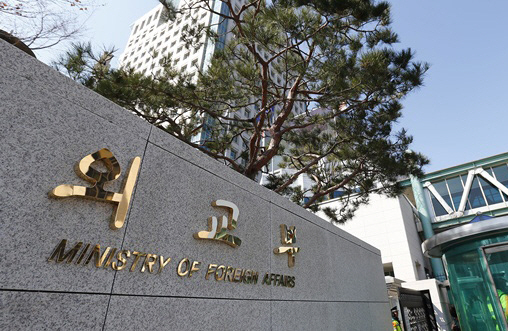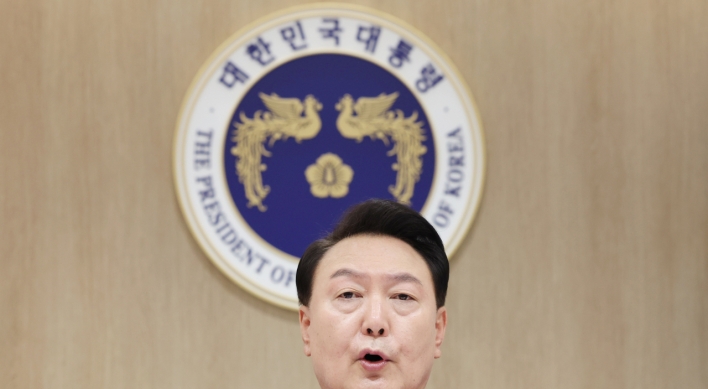S. Korea appears to be only country opposing Japan’s wastewater disposal: lawmaker
By Ahn Sung-miPublished : Oct. 26, 2020 - 15:09

South Korea appears to be the only country openly opposing Japan’s plan to discharge radioactive water from the devastated Fukushima nuclear plant into the sea, a lawmaker said Monday.
According to information obtained by Rep. Lee Tae-kyu from the Foreign Ministry, no other country in the world has publicly protested Tokyo’s impending decision to dispose of contaminated water.
Countries in the EU and Pacific island nations, as well as the US, have responded to the issue as a matter of Japan’s sovereignty, but added that Tokyo’s decision should be based on international communication and cooperation as the water release could impact the marine environment.
“(The government) said it will resolve the Fukushima water discharge issue through international cooperation, but it hasn’t yet conducted any effective nor concrete activities,” said Lee. “(Seoul) needs to figure out why China, Russia and other neighboring countries are not protesting at a government level, and respond together with international organizations.”
Tokyo was set to formally decide Tuesday what to do with the more than 1 million tons of contaminated water it has collected since the Fukushima Daiichi nuclear plant was damaged by an earthquake and tsunami in 2011.
But Japanese Prime Minister Yoshihide Suga has reportedly decided to put off the decision on strong opposition from local fishers and farmers, who voiced concerns that consumers would shun seafood and produce from the region.
For years Japan has been debating how to dispose of the contaminated water, which has been stored in thousands of tanks inside the plant. But Tokyo Electric Power, the state-run operator of the plant, said the storage space is expected to run out in the summer of 2022.
Seoul’s main concern is that the water, which has been filtered but is slightly radioactive, could reach Korea and threaten the safety of the waters and environment here.
By Ahn Sung-mi (sahn@heraldcorp.com)




















